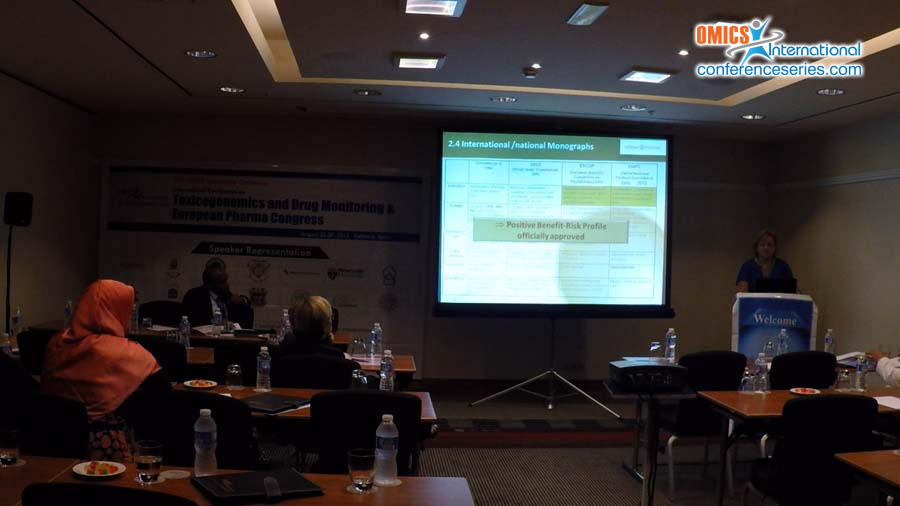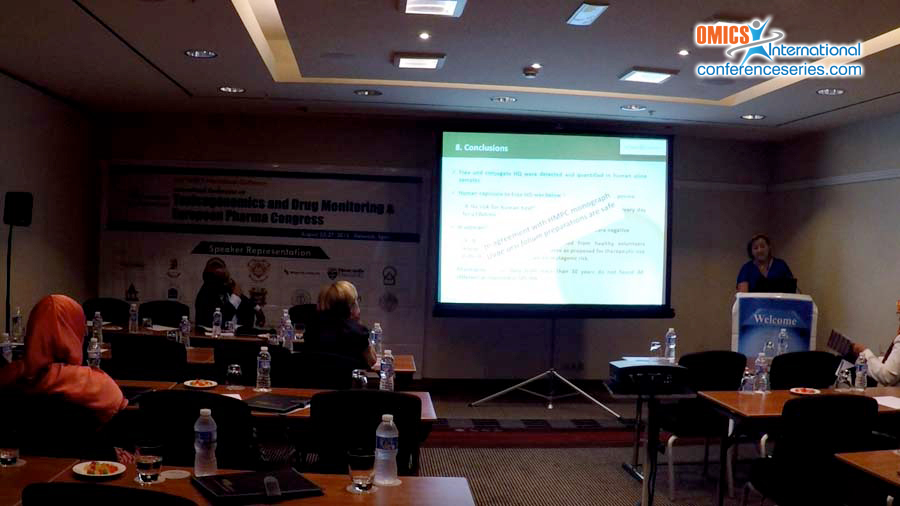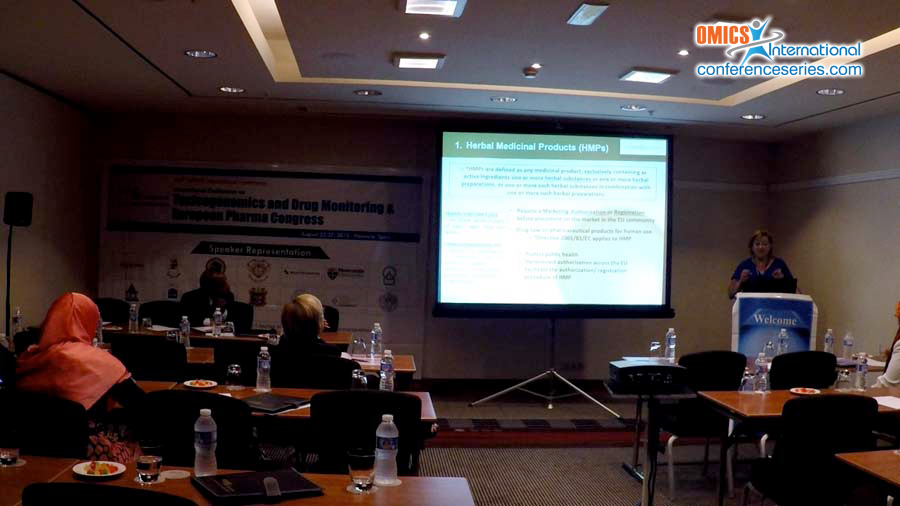
Susana Garcia de Arriba
Schaper & Brümmer GmbH & Co. KG., Germany
Title: Human safety of free Hydroquinone derived from herbal medicinal products containing Uvaeursi folium
Biography
Biography: Susana Garcia de Arriba
Abstract
Uvae ursi folium (bearberry leaf) has been traditionally used to treat symptoms of lower urinary tract infections. Arbutin, the major active constituent, is rapidly absorbed in the small intestine and undergoes hepatic conjugation to form hydroquinone (HQ) conjugates. Because arbutin is broken down to yield free HQ, concerns regarding the safety of free HQ have raised serious questions about the safety of herbal preparations containing extracts of Uvae ursifolium. Data on pharmacokinetics in humans helped to estimate human exposure to free HQ: 11 μg/kg body weight /day in urine after the therapeutic daily dose of 420 mg arbutin. The permitted daily exposure of free HQ in humans was estimated at 100 μg/kg body weight/day. Dietary sources of arbutin/HQ generate comparable free HQ exposure levels as therapeutic doses of Uvae ursifolium. No direct evidence has been found supporting the toxicity of free HQ derived from herbal medicinal products. On the other hand, the mutagenic potential of free HQ derived from a therapeutic dose of Uvae ursifolium extract (1,6 g Uvae ursifolium extract corresponding to 420 mg arbutin) was investigated in urine samples of healthy volunteers (n=12). Free and total HQ were firstly estimated in single urine samples. Both, the in vitro AMES assay and the in vivo micronucleus assay were negative for mutagenicity activity. Therefore, urine samples obtained from healthy volunteers receiving an Uvaursi folium extract at the same dose as proposed for therapeutic use bears no mutagenic risk.
Speaker Presentations
Speaker PPTs Click Here



